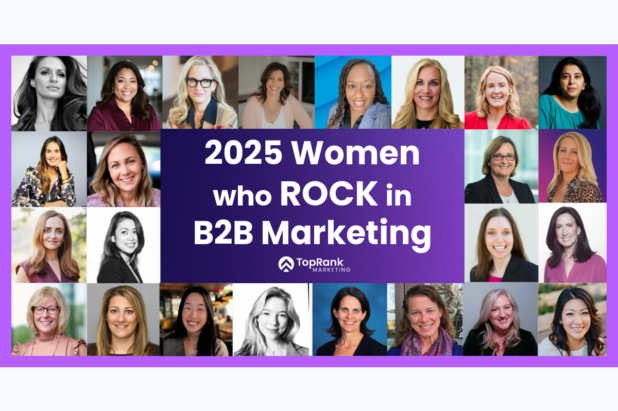
Beyond Google. Where will customers be searching in 5 years?
Dixon Jones of Receptional asks the audience: Who doubts life after Google? About half the audience raises their hand.
According to Dixon, there will be life after Google and we are already there. He cites Facebook as an example of a site that is growing links more quickly than Google.
He then goes on to discuss the Trust/Convenience Contract. This contract is illustrated when searchers trust Google to give them data, as opposed to going around knocking on neighbor’s doors to find the answer.
However, Google isn’t the only choice anymore. Users can and do go to blogs, Facebook, Twitter to retrieve information often removing Google from the equation.
What this means for companies is that topping the search engines will soon not be enough. Rather, marketing across channels will become increasingly important.
As more people use Google less, it will be up to savvy online marketers to identify where their audience is consuming information and to become a member (note – I said member not marketer) of that same destination.
In summary, we are already in ‘Life after Google’. We are changing who we trust and posing questions back to the community we have developed, as opposed to relying on dominant media sites/search engines.
 The New Socialism is next with Frank Watson from Kangamurra Media.
The New Socialism is next with Frank Watson from Kangamurra Media.
Twittering, Tweeple and Twilly creates an environment which is about:
- fun and social interactions
- ego stroking
- info sharing
- pic sharing
- trusted communication
Twitter allows you to search real-time about natural disasters, serious local alerts, find immediate responses or advice, niche information and online customer service. At the end of the day, Twitter is super convenient.
How Google loses:
- Real time search seen as better
- Ask friends instead of search engines
- Momentum can cause change
- Greater Twitter traffic sources
How Google wins:
- Twitter becomes too spammy
- Google buys Twitter
Next Anne Kennedy, from Beyond Ink, steps up to talk about Video.
Online video advertising, from eMarketer.com, is expected to steadily increase year over year. A drop in the bucket compared to TV, but speaks to human nature and our interest in the visual.
Small screen video, Anne predicts, is the next big thing. It’s easy to create, easy to share and easy to consume.
Pauline Ores at IBM shares with the audience information about the deep Web or the majority of content on the web that is not crawled by the search engines. Next generation search will do more than the existing model and understand intent, reflect current events and support insight creation.
Q: As an agency, how can we start approaching clients with solid information about social and where to start?
Frank: Start with Twitter alerts to find out who is talking and what is being said about the niche. Show the client the conversation and see where they want to fit in. Is it for customer relationships, competitive intelligence, etc?
Dixon: Use a URL shortening service that allows you to track metrics. See how many people clicked, etc.
Parting words from Pauline, and an emerging theme of the conference, is that humans are social creatures. Provide them with a way to connect and they will. Provide them with a way to exchange information within communities, and place aside authoritarian sources of content, and they will gravitate toward peers.
Panel Overview
Moderator:
John Marshall, SES Advisory Board & CTO, Market Motive
Speakers:
Dixon Jones, Managing Director, Receptional LTD
Anne F. Kennedy, SES Advisory Board, Founder Partner and CMO and Managing Partner & Founder, Beyond Ink
Frank Watson, CEO, Kangamurra Media
Pauline Ores, SES Advisory Board & Senior Marketing Manager, Social Media Engagement, IBM Corporation
Learn more search marketing strategies from 2009 SES SJ coverage by TopRank Online Marketing


